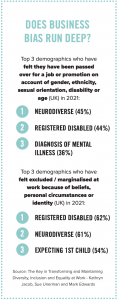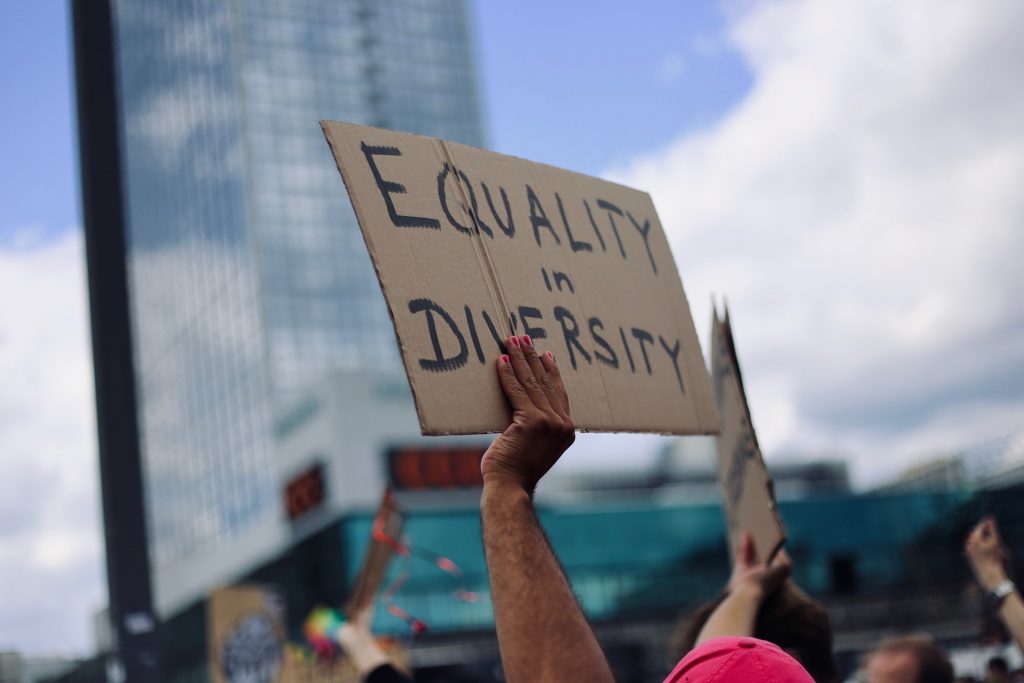This piece was first published in Advertising Week Europe’s 2022 Trends Report, created by Clear Hayes Consulting and authored by Alex Hayes. Download the full report here.
Put simply, the rate of change on diversity and inclusion is unacceptable. It’s time for all of us in leadership positions to step up to create the change we want to see.
Diversity has been a topic at conferences for many years, and over time it has gone from being a case of persuading people there is a business case for it to now discussing practical steps in achieving greater diversity in our workplaces.
Over that time, Inclusion and Equity have been added to the conversation to create DE&I, meaning it is not just about ticking boxes, but about creating places where people from any background are comfortable working.
 But, while the conversations are more numerous, the figures suggest things are not improving, and in some cases, they’re going backwards.
But, while the conversations are more numerous, the figures suggest things are not improving, and in some cases, they’re going backwards.
MediaCom UK Chief Transformation Officer Sue Unerman and Kathryn Jacob, CEO of Pearl & Dean, have come together to write a book, Belonging, cataloging this shift. As part of it, they undertook extensive research to see how people really felt. The numbers are startling.
They showed some problem areas are getting worse:
- People who have experienced bias, harassment, or inappropriate behavior at work: 61% in 2021 up from 42% in 2020
- People who have felt marginalized/excluded at work because of beliefs, circumstances, or identity: 41% in 2021 up from 33% in 2020
- People who are registered disabled (44%), neurodiverse (45%) or have had a diagnosis of a mental illness (36%) are the most likely to feel they have been passed over for a job or promotion because of their circumstances
As Jacobs points out, the DE&I industry is worth £6 billion per year, but this research casts serious doubts over the efficacy of that money being spent: “This isn’t a thing that’s going to be solved by HR, we all have to play a part and be active on this issue. It’s so huge that it can be easy to think you can’t do anything about it, but allyship is a good place to start.”
MediaCom’s Press Radio & OOH Account Director, Sacha Owusu, explains what you need to do to be a good ally: ”Many people think they can be an ally and be passive, but that’s not the case. You need to speak up and be accountable in the moments you can be an ally. Don’t accept people saying things that are discriminatory, speak up and challenge them. It can be scary, but it’s a big way things will change.”
The stark fact is things aren’t going to change by themselves, and it’s up to everyone to take a leadership position if they are going to.




